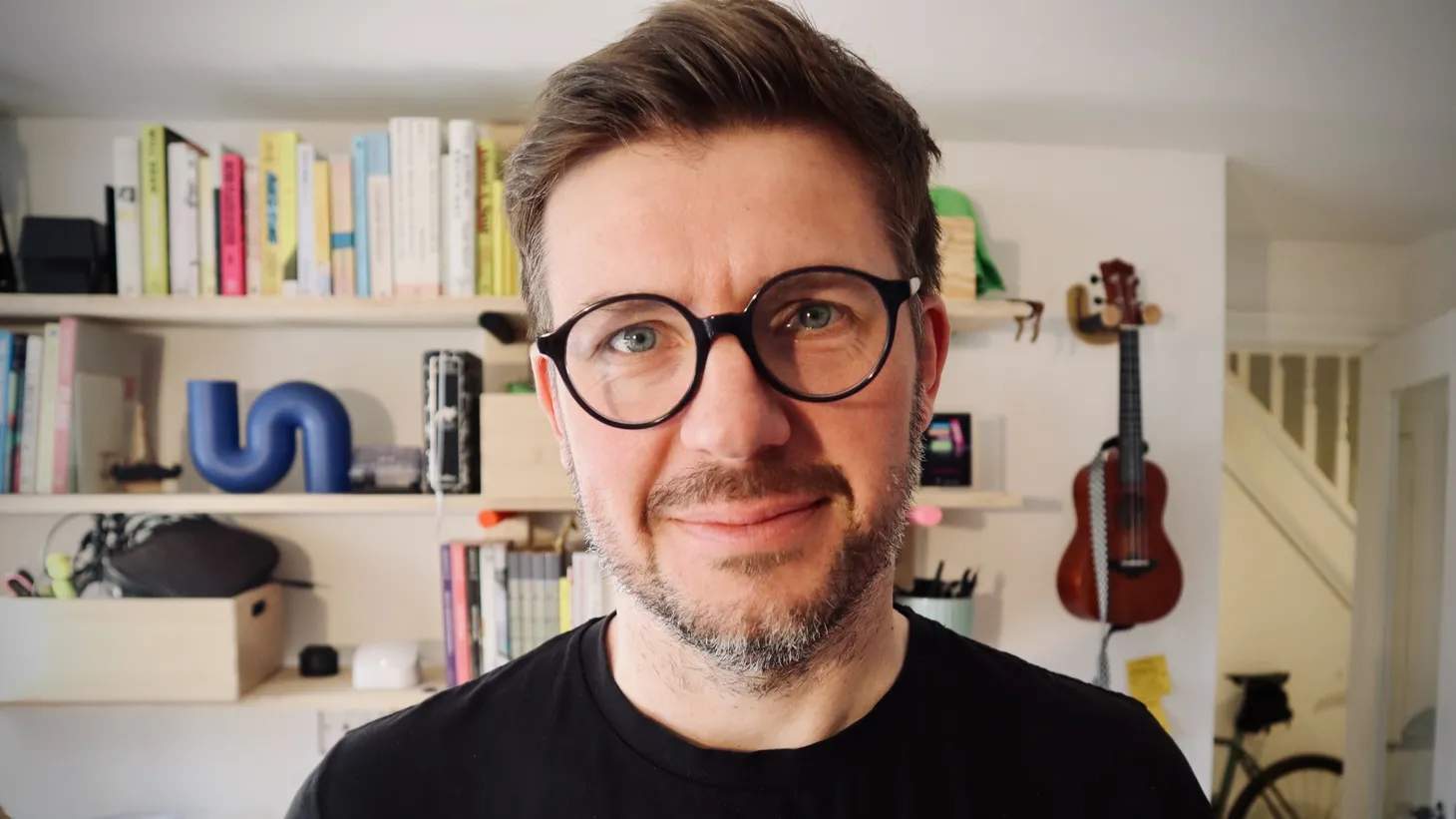I was supposed to be a professional footballer
How I felt the day before my debut novel, A is for Angelica, was published.

I played my first competitive, 11-a-side football match when I was seven years old. It was on a full-size pitch and my team needed special permission from the league, because the minimum age was eight. The age limit was there for my safety, but I didn’t care because I was big and tall and really good at football.
Two years later, I was playing competitively twice a weekend. On Saturdays, I played for one team, on Sundays another. A scout from Notts County, a professional football club here in England, came to watch one of our games. He asked 10 of us to attend trials the following week.
Aged nine, I went to the trials, where there were more than 1000 other children. After two days, there were just 24 of us left. I made the cut, abandoned my previous Sunday team and became part of Notts County’s first ever squad for under 10s.
Many kids have trials with professional clubs and some stay with the team for a couple of years. I played for Notts County until I was 16. I was team captain three out of the seven years I was there. I won trophies. I travelled the country. It was both a pre- and post-pubescent sporting career.
But something happened in that final year. When asked about it, I’ve sometimes said that the problem was that I’d become more interested, like most teenagers, in girls and underage drinking. But that was never the truth.
The real problem was that I was supposed to be a professional footballer, but being a professional footballer was not what I wanted to be.
After playing competitively throughout my childhood, sometimes four or five times a week, by the time I was 15, the magic had worn off. I didn’t want to do it any more. I didn’t care if it didn’t happen.
And so, of course, things went wrong. I stopped putting the effort in and fell behind my teammates. They all wanted it far more than I did. It was still their dream.
Then, on one blustery Nottingham evening after training, I was taken to one side, along with my Dad, and told that, unfortunately, I wasn’t going to make it.
It was hard to hear. But also a blessed relief.
By no chance or coincidence, roughly a year before I left Notts County, I wrote my first batch of poetry. It was nothing special, and it was part of my regular schoolwork, but the feedback I received lit something inside me.
A new, entirely different dream began to emerge. I wanted to be a published author.
I wrote more poetry and soon persuaded my far-more-talented-than-me friends to let me join their band. I was the singer, of sorts. I did my best to write lyrics, hold a tune and avoid complete embarrassment.
But it wasn’t until I moved to sixth form college and studied English literature that the dream began to take shape. Most authors remember the book that made them want to write and I’m no different, although it may seem an odd choice.
It was Margaret Atwood’s Cat’s Eye and I can still remember, not the reading of the book itself, but the way I read it. For the first time, I analysed every sentence like a writer. If a particular passage dazzled me, I wanted to know why. So I read it again and again until I thought I’d figured it out.
That change in mindset was profound. I stopped reading for pure enjoyment and started learning my craft. I wanted to one day write a book that other people would read and be moved by.
Because that, for me, is what writing is all about. It’s not about the thrills, spills and turning pages. It’s about creating a world, having something to say, and telling a story. It’s making people laugh. Making people cry.
And that’s all I’ve ever wanted. To move people by creating something that no one else has ever created and by putting words in an order that no one has or ever will again. That’s the crux of all of it.
The digital version of A is for Angelica is published tomorrow. I was supposed to be a footballer. But I’m not, I’m an author. That was and is my dream. Until a few hours time. When it comes true.
Join 1700+ subscribers
I send Draft Mode, a monthly newsletter about writing, creativity, publishing and making things on the internet. Pop your email address in the box to join us.




